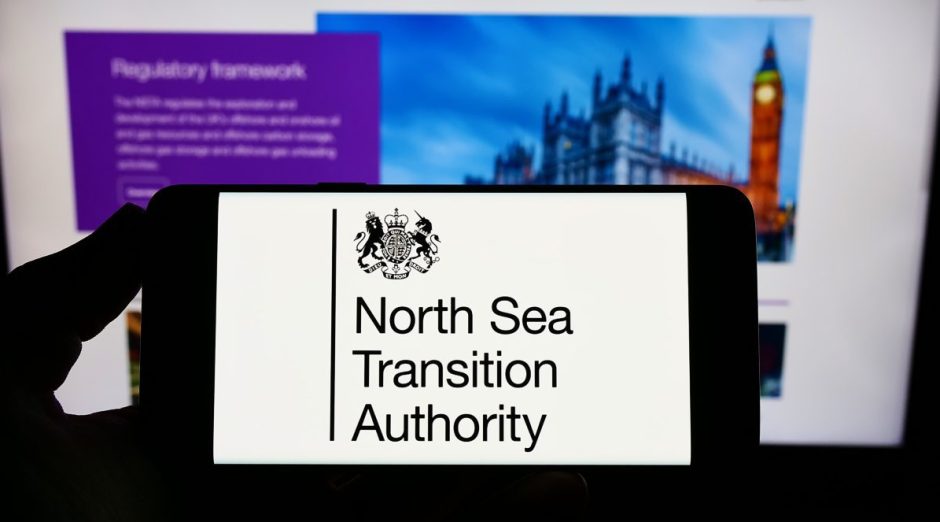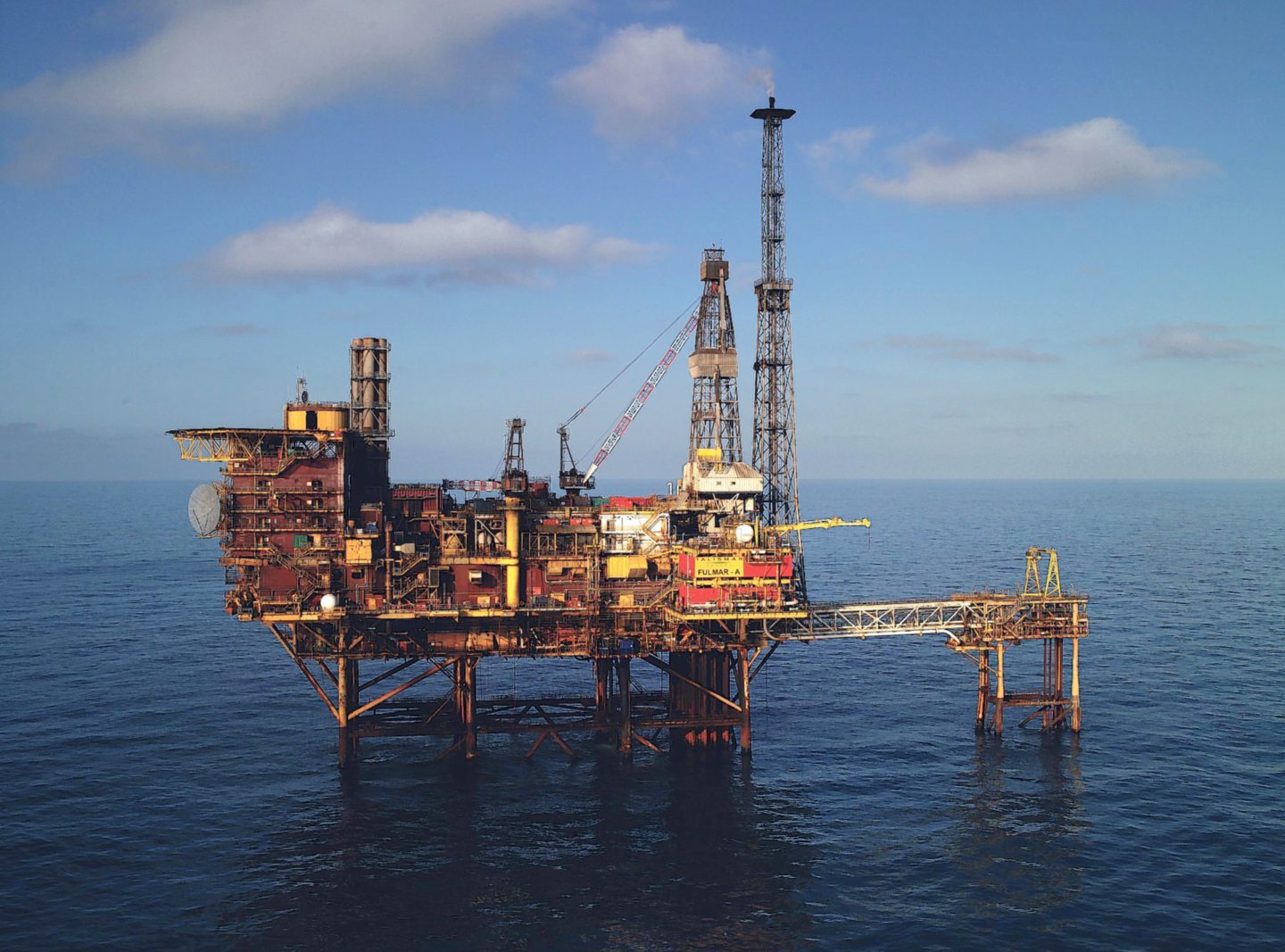
The North Sea Transition Authority (NSTA) has been criticised for a “paltry fine” against operator Repsol for breaching emissions rules.
Despite the £160,000 penalty being the largest in the UK sector to date, commentators described it as “embarrassing”.
The penalty was announced this week after Repsol breached its flaring and venting consents for the Auk, Halley and Fulmar fields.
“You have to ask if the NSTA are actually being serious here,” said consultant Paul Brindley.
“£160,000 is pocket money to Repsol – it should be x 100 minimum as that is the only thing the Oil Companies understand – hard cash”.
The NSTA has sanctioning powers to fine operators up to £1 million and said it was satisfied the penalty was appropriate.
In this case, the fine went to Repsol North Sea Limited – a subsidiary of the wider firm – which had losses in 2022.
However, the fine is tiny compared to parent firm Repsol Sinopec Resources UK’s 2022 profits of $601.5m – while the ultimate controlling party, Spain’s Repsol, banked net income of 4.2 billion euros.
Retired offshore worker David Bain said the operator will be “pumping 10 times that amount”, while engineer Derek McGillivray said it was “embarrassing, both the continued breaches and the ineffectual fine”.
‘Equivalent to a policeman observing a crime about to be committed’
Stephen Jewell, managing director of Well Decom Limited, criticised the “paltry fine” as well as the conduct of the regulator.
He said the NSTA could have warned Repsol that its consent was due to run out, and said it’s the “equivalent to a Policeman observing a crime about to be committed but not acting until an arrest can be made”.
Repsol had been operating with six-month long flaring and venting consents, which expired June 30, 2022.
The NSTA told Repsol on July 1 that it no longer had consents – and Repsol reapplied on the same day, according to the sanction notice.
However incomplete information meant the application process took one week, and finally granted on July 8 – with Repsol having flared and vented in the intervening period.
Mr Jewell suggested the NSTA could have warned Repsol ahead of time.
“The NSTA champions the concepts of transparency and collaborative working in the industry; yes, Repsol was obliged to ensure it did not forget its deadlines, but surely NSTA would have expected an application to be submitted several weeks prior to the expiry.
“Surely, in the spirit of transparency and collaboration, NSTA could have kindly requested if Repsol was planning to submit an application by the deadline, perhaps a week before?”
Repsol has accepted responsibility for the incident, and the sanction notice stated its trackers monitored volumes – not dates.
It’s understood the NSTA consents team numbers fewer than 20 people.
An NSTA spokesperson said: “We are satisfied that the financial penalty imposed on Repsol North Sea Limited is appropriate. Rightly, the onus is on licensees to ensure that they manage and adhere to their licence obligations.”
Recommended for you


 © SYSTEM
© SYSTEM